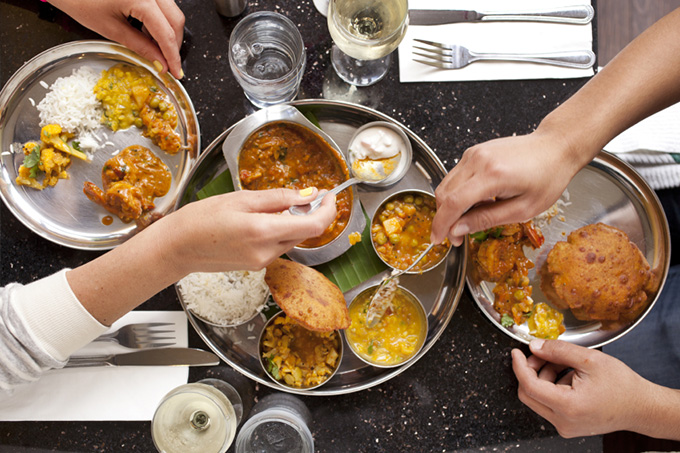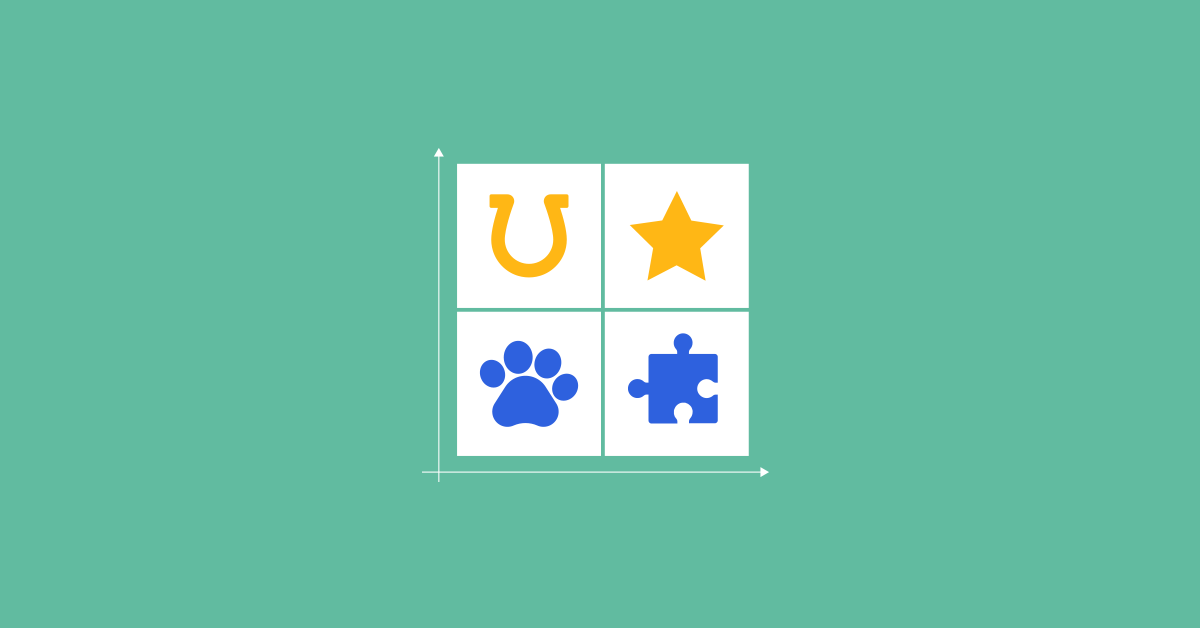
People are different. What’s acceptable in some cultures isn’t in others — and when unaware, you can get caught doing the wrong thing at the wrong time. Restaurant etiquette i.e. table manners are no different!
Before travelling, become familiar with local customs. What hand should you eat with? How will your meal look? Who pays? Being prepared for what you’ll see and experience is the best way to avoid unpleasant situations.
We’ve put together a list of 7 things everyone should be aware of when eating abroad!
1. Before the Meal
How you begin your meal often sets the tone for the entire experience, so make sure you know what to expect from the beginning. For example, in Thailand, dishes arrive all at once, not in any particular order. Arriving on time and being well dressed is important in China, as is ensuring that you serve others before yourself. In Ghana and Morocco, as food is usually eaten with your hands, a wash basin is passed around before a meal. In India, if you aren’t eating alone, ensure that you wait for the the eldest person at the table to start first.
2. Sharing Food
In Thailand, sharing food with those at your table is extremely common and taking the last bite of the sharing bowl is impolite. This is similar to China, India, Ghana, Ethiopia and Japan where shareable plates are the norm at restaurants and in homes.
3. Utensils
In Japan, make sure that you do not cross or lick your chopsticks or pass food with them. In India, certain areas within the Middle East, Ghana and Ethiopia, eating with your left hand is often considered unclean; everything should be eaten with the right (and without cutlery). This is contrary to Chinese custom where eating anything with your hands is inappropriate. Forks in Thai restaurants are meant to push food onto spoons, and in Russia, Italy and Colombia, knives should be held in the right hand and forks in the left.
4. During Meals
Contrary to Western cultures where making noises while eating is generally frowned upon, slurping your food is a sign of appreciation in Japan. “The louder the better!” notes The Huffington Post. Similarly in China, belching will indicate satisfaction to the chef. A common practice in France is using your bread to move food onto your fork during meals – especially great for mopping up those rich French sauces.
5. Tipping
Tipping is impolite in China. In certain countries like France and Italy, tips are usually included in the price, but you can also choose to tip extra. In Canada and the United States, tipping on top of the price of a meal is expected at most restaurants with the amount of the tip depending on the kind of restaurant.
6. How Much to Eat
There are many cultures where the amount you eat is used as an indicator of your enjoyment of the food. In China and Colombia, it’s impolite to eat absolutely everything on your plate — some food should be left to indicate that enough food was served. In India, however, finishing your food entirely is important because throwing food away is seen as wasteful.
7. After the Meal
Splitting the bill is generally considered rude in France — either you pay the entire bill or let someone else do it. Colombians will find it vulgar to use a toothpick at the dinner table while in El Salvador it’s considered disrespectful to leave immediately following a meal. As in the beginning of the meal, in Morocco, a wash basin will be brought around following the meal for your hands.
Make yourself aware of countries where the majority of food is vegetarian, such as India or where alcohol or pork are not commonly consumed, such as Saudi Arabia. The more research you do about the local eating customs anywhere that you travel, the more prepared you’ll be and the less likely you are to be shocked or to shock anyone around you. Remember to always be respectful and adhere to local customs.

News you care about. Tips you can use.
Everything your business needs to grow, delivered straight to your inbox.


